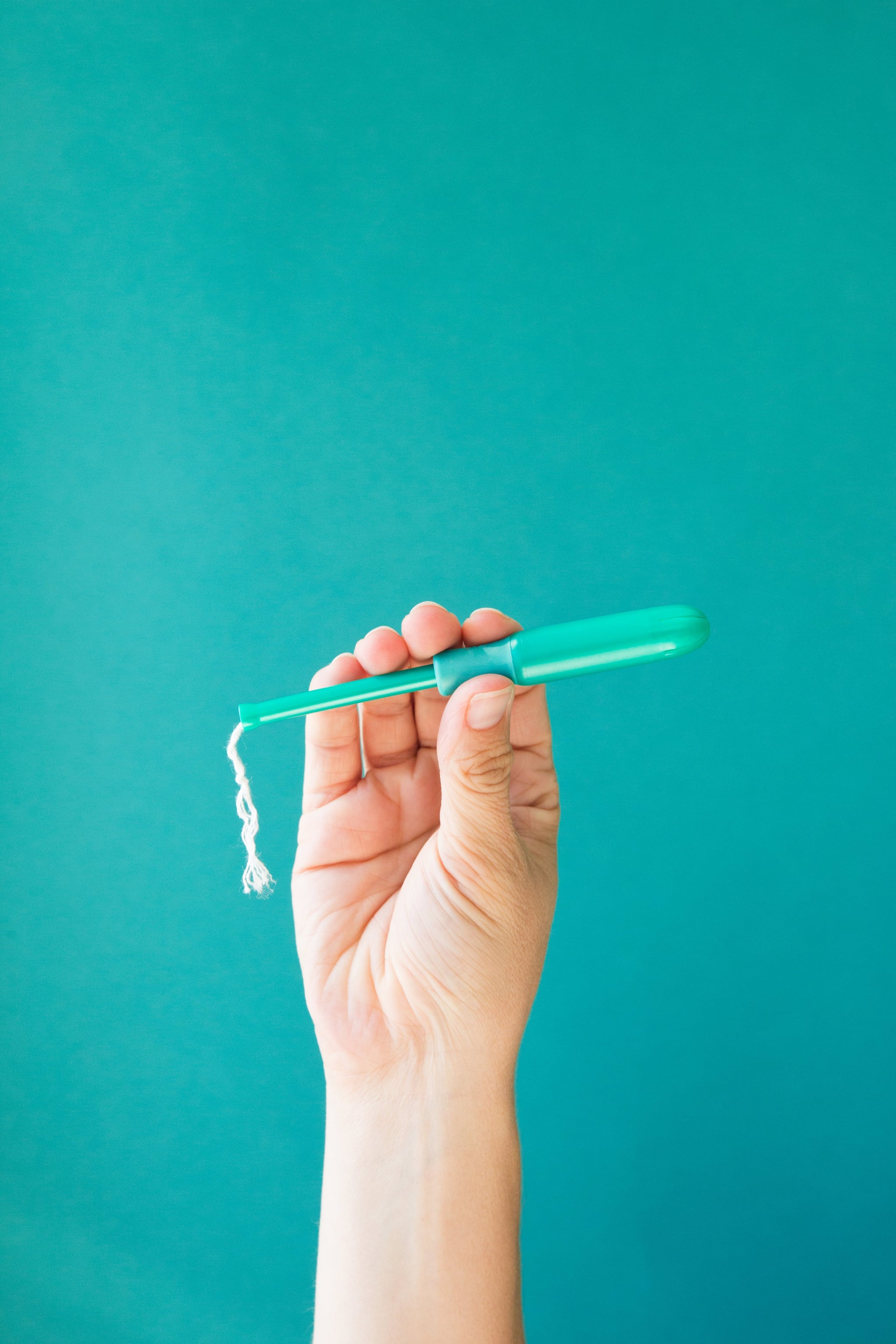When you think of the word “shedding” related to your period, you might think of the uterus shedding its lining or why a menstruating person bleeds every month. But apparently tampons have the potential to shed, too.
According to Amy Roskin, MD, a board-certified ob-gyn and The Pill Club‘s chief medical officer, “tampon shedding” is when a tampon shed bits of fibers when in use. Tampon shedding is also commonly known as fiber loss.
You may be wondering if this a reason to toss your box of tampons. Dr. Roskin said that while it’s common to notice some level of fiber shedding in tampons made of cotton and rayon (though it may occur more with rayon), it’s not usually an issue of concern.
“Some people may have irritation with tampon use, but it’s difficult to know whether that’s due to friction or irritation from the tampon in general or from fiber loss,” Dr. Roskin explained. “It’s more likely to be from friction or irritation than from fiber loss.”
In order to prevent some of shedding of these fibers, she added that tampon manufacturers sometimes add a protective coating on the tampon.
Of course, if the possibility of tampon shedding is something that concerns you personally, there are other period care options you can to absorb your flow, like menstrual discs or menstrual cups, which are frequently made out of silicone. Period underwear is another popular (and eco-friendly!) option.
There’s also a difference between tampon shedding and a tampon actually coming apart inside the vaginal canal. Dr. Roskin noted that this is a rare occurrence (phew!), but it can happen for different reasons; she points to a manufacturing defect as an example. “Although removing a tampon that’s too absorbent for your flow or not lubricated enough can be uncomfortable or painful, it usually does not break apart,” she added.
All that being said, if something does not feel quite right or if you know a tampon is stuck inside the vagina, you should try to remove it. If you can’t safely remove it yourself, visit a doctor as soon as possible.
“If a tampon (or a piece of a tampon) is left in for too long, there is a small risk of toxic shock syndrome,” Dr. Roskin said. “This is a rare complication where certain bacteria can grow and produce toxins.” If you are concerned about your own tampon usage, it’s best to speak to your doctor.
